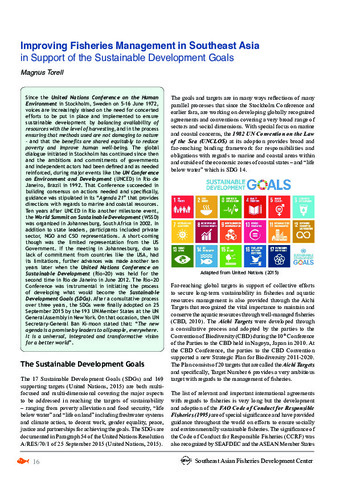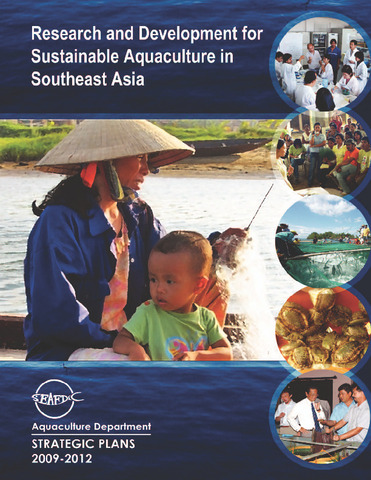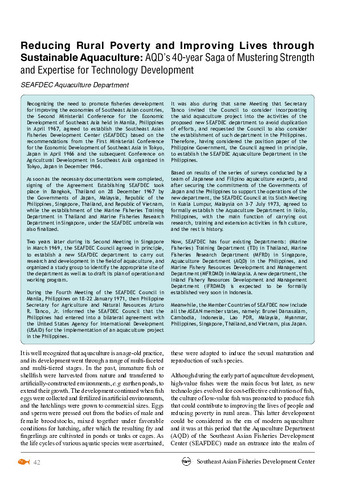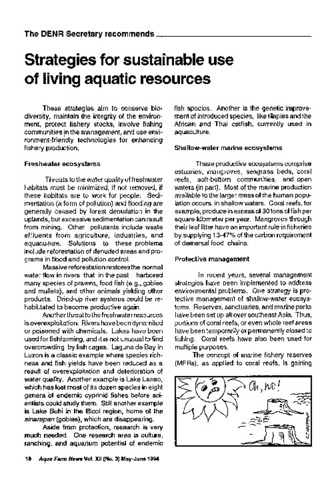| dc.description.abstract | Since the United Nations Conference on the Human Environment in Stockholm, Sweden on 5-16 June 1972, voices are increasingly raised on the need for concerted efforts to be put in place and implemented to ensure sustainable development by balancing availability of resources with the level of harvesting, and in the process ensuring that methods used are not damaging to nature – and that the benefits are shared equitably to reduce poverty and improve human well-being. The global dialogue initiated in Stockholm has continued since then and the ambitions and commitments of governments and independent actors had been defined and as needed reinforced, during major events like the UN Conference on Environment and Development (UNCED) in Rio de Janeiro, Brazil in 1992. That Conference succeeded in building consensus on actions needed and specifically, guidance was stipulated in its 'Agenda 21' that provides directions with regards to marine and coastal resources. Ten years after UNCED in Rio another milestone event, the World Summit on Sustainable Development (WSSD) was organized in Johannesburg, South Africa in 2002. In addition to state leaders, participants included private sector, NGO and CSO representations. A short-coming though was the limited representation from the US Government. If the meeting in Johannesburg, due to lack of commitment from countries like the USA, had its limitations, further advances was made another ten years later when the United Nations Conference on Sustainable Development (Rio+20) was held for the second time in Rio de Janeiro in June 2012. The Rio+20 Conference was instrumental in initiating the process of developing what would become the Sustainable Development Goals (SDGs). After a consultative process over three years, the SDGs were finally adopted on 25 September 2015 by the 193 UN Member States at the UN General Assembly in New York. On that occasion, then UN Secretary-General Ban Ki-moon stated that: 'The new agenda is a promise by leaders to all people, everywhere. It is a universal, integrated and transformative vision for a better world.' | en |




